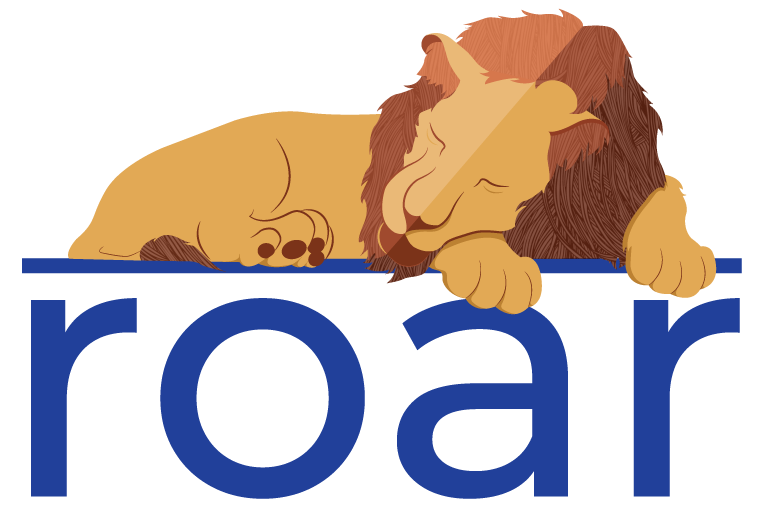Botox
TMJ disorder, also known as temporomandibular joint disorder, can cause a myriad of uncomfortable symptoms, such as jaw pain, headaches, and difficulty chewing or speaking. Thankfully, there are various treatment options available to alleviate these symptoms and improve quality of life. One increasingly popular option is Botox treatment.
You may be familiar with Botox as, a cosmetic procedure used to reduce wrinkles and fine lines on the face. However, it has also been found to be effective in treating TMJ disorder. By injecting small amounts of botulinum toxin into specific muscles around the jaw area, Botox helps relax those muscles and relieve tension.
Botox for TMJ
Two big symptoms of TMJ Dysfunction are bulging masseter (cheek) and temporalis (temple/forehead) muscles. The masseter and the temporalis muscles are involved with closing the mouth. When people have been clenching their jaw or grinding their teeth for a long time, the masseter and temporalis muscles become overdeveloped and bulge, creating a squared-off jawline. Some people don't like the aesthetics of this, but there's more to it than just looks: Once a muscle gets in the habit of overworking, it's hard to stop it from activating. Furthermore, it becomes sore and bruised from the overuse.
Botox (and other neurotoxins) can help with TMJ issues because it relaxes the masseter and temporalis muscles, which may help stop the cycle of clenching and grinding. The U.S. Food and Drug Administration (FDA) has approved Botox to relax the muscles on the face.
These neurotoxins can last up to six months, though that number varies depending on a person's metabolism, care after treatment, and other lifestyle factors. With regular treatments, a person may need fewer units of Botox, and results may last longer.
How Botox Can Help Relieve TMJ Pain and Discomfort
When injected into the jaw muscles affected by TMJ disorder, Botox works by temporarily paralyzing these muscles. This helps to reduce muscle tension and spasms that often contribute to the pain associated with TMJ disorder. By targeting specific trigger points in the jaw muscles, Botox can help relax them and alleviate symptoms such as jaw stiffness, headaches, earaches, and difficulty chewing or speaking. The effects of Botox injections for TMJ disorder typically last around three to four months.
Botox can offer much-needed relief from the pain and discomfort caused by TMJ disorder. If you're struggling with persistent symptoms despite other treatments, discussing the possibility of incorporating Botox into your treatment plan could be beneficial.
The Process of Receiving Botox Injections for TMJ Disorder
First, we will thoroughly evaluate your symptoms and determine if Botox is an appropriate treatment option for you. Once you decide to proceed with Botox injections, the actual procedure is relatively quick and straightforward. We can carefully administer small doses of Botox to specific muscles affected by your TMJ disorder.
The injection process itself typically only takes a few minutes and may cause minimal discomfort. Some patients report feeling a slight pinch or stinging sensation at each injection site, but this is usually well-tolerated. After receiving the injections, it's recommended to avoid rubbing or massaging the treated areas for at least 24 hours. This allows the Botox to properly settle into the targeted muscles.
In terms of results, many patients start experiencing relief from their TMJ symptoms within a few days after receiving Botox injections. The full effects can take up to two weeks to become noticeable and may last anywhere from three to six months.
It's important to note that while Botox can provide temporary relief from TMJ pain and discomfort, it does not address any underlying causes contributing to your condition. Therefore, it's crucial to work closely with the dentist on developing a comprehensive treatment plan that targets both symptom management and addressing any root issues involved in your TMJ disorder.
Please reach out to our practice in Mission Viejo. You can call us at (949) 448-7667, and we'll guide you further.
26800 Crown Valley Parkway, Suite 405
Mission Viejo, CA, 92691
ROAR Associates
26800 Crown Valley Parkway, Suite 405
Email: [email protected]
Tel: (949) 448-7667
MON - THU : 8:30 am - 5:00 pm
FRI - SUN : Closed
